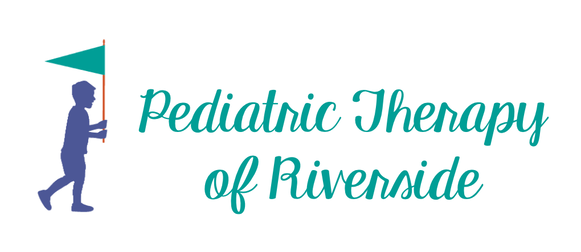Treatment Areas
Speech Therapy
|
Articulation & Phonology
The production of speech sounds. Speech may be less intelligible when a child deletes sounds, adds sounds, changes sounds, or substitutes one sound for another. Apraxia of Speech
A motor speech disorder in which children have problems sequencing sounds, syllables, and words due to difficulty planning movements of the articulators. Fluency
The smoothness, rate, and effort perceived in connected speech. The most common fluency disorder is stuttering. |
Receptive Language
The ability to understand others’ messages, evidenced through recognizing vocabulary, answering questions, and following directions. Expressive Language
The ability to create messages that will be understood by others, requiring use of appropriate vocabulary, grammar, and sentence structure. Pragmatic Language
The understanding and use of appropriate social communication. |
Phonological Awareness
An explicit and dynamic understanding of the sound structure of words. This skill is highly predictive of success with reading and spelling. Reading & Spelling
The application of skills related to recognition, comprehension, and representation of written words. Treatment incorporates Lindamood- Bell and Barton methodology. Auditory Processing
The ability to perceive, encode, organize, recall, and use information that is presented auditorily. |
Occupational Therapy
|
Visual Perceptual Skills
The ability to accurately identify, discriminate, interpret, and respond to visual information. Self Care Skills
The ability to plan and execute daily activities for increased independence and participation in life. |
Visual Motor Skills
The ability to coordinate visual information processing with controlled movement. Sensory Processing
The ability to receive and respond to sensory information in one's environment effectively. |
Handwriting
The application of fine motor skills, hand-eye coordination, and executive functions for letter formation. Behavior Regulation
The ability to regulate emotions for improved behavior in academic and social settings. |
